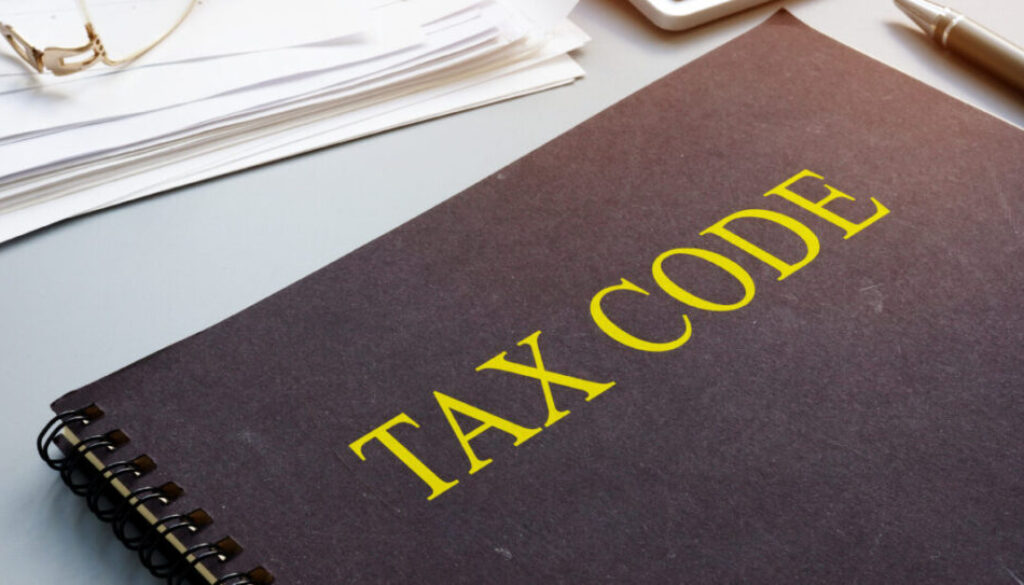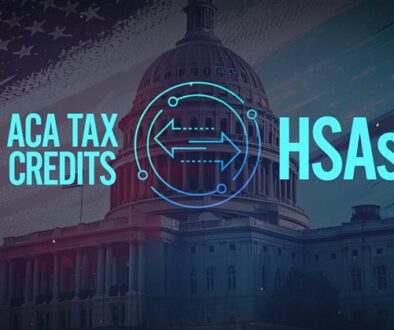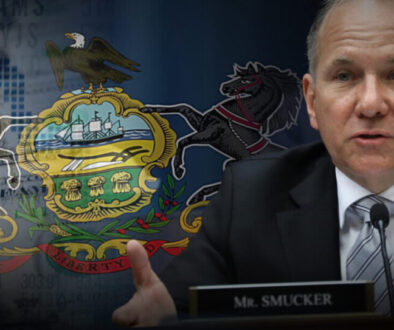Tax reform: What Congress does depends on November election results
Provisions of the Tax Cuts and Jobs Act of 2017 that impact individual taxpayers will expire at the end of 2025 unless Congress acts. And what Congress will do depends on who will control the legislative branch of government and the White House after the November elections.
The National Association of Insurance and Financial Advisors held a webinar recently to break down some possible scenarios.
If the TCJA expires at the end of next year, individual tax rates will reset to levels they were prior to the enactment of the law. Meanwhile, the corporate tax cuts that the law provided for will remain the same.
Marginal tax rates would reset to where they were in 2017 for individuals, the estate tax exemption would reset to where it was before, and the Section199A deduction which allows taxpayers to exclude up to 20% of their pass-through business income from federal income tax would go away.
‘A pretty dramatic change’
“It’s a pretty dramatic change and I think it will motivate that something will be done, even on a bipartisan basis, because of the great impact it will have,” said Scott Sinder, partner with the Washington law firm Steptoe.
A tax bill will come before Congress next year, predicted Patrick Raffaniello, principal in Raffaniello & Associates. What that bill will contain is anyone’s guess, he added, but Democrats would want the bill to include an increase in the child tax credit.
Section 199A would be the TCJA provision most likely to change under a new tax bill, said Dani Kehoe, principal at DBK Consulting.
“Section 199A was created to give the same tax relief to noncorporate business that corporate business was getting from the big drop in the corporate tax rate,” she explained. “So if the corporate rate goes up, 199A will go up to keep that parity of tax relief between noncorporate business and corporate business.”
Possible impact on NAIFA members
Where 199A will most impact NAIFA members, she said, comes from rules that apply to specified service trade or businesses. SSTBs are subject to an income cap in order to be fully qualified for the 20% deduction of qualified business income. Kehoe said if Congress changes the corporate rate, they will change 199A, and that probably will mean different income limits.
“Financial services is an SSTB and so most of our members who are using it are most likely using it under the SSTB rules. So we need to watch what the income limits will be if that issue comes up,” she said.
Raffaniello said House Republican leadership has told committee chairs to start preparing for a reconciliation tax bill. Reconciliation is procedure by which you can avoid having to get 60 votes in the Senate to pass a bill.
“But to get to reconciliation, the same party must control the Senate and House and have the White House,” he said. “And those within the party must agree, too.”
$4.6 trillion price tag cited
However, to get to a reconciliation bill, there must be a budget in place, Raffaniello said. “Even to take all those expiring provisions and make them a new law would cost about $4.6 trillion. The idea that you can pay for all of this and reduce the deficit and not touch the middle class is nonsense.”
Kehoe said, “There’s not $4.6 trillion worth of loopholes Congress can close and there’s not $4.6 trillion of untaxed income held by billionaires. They are going to have to go somewhere.
“We don’t know where it is going – there are very few concrete proposals that are real right now.”
President Joe Biden’s most recent budget proposal called for a 25% annual minimum tax on unrealized capital gains for individuals with incomes and assets exceeding $100 million.
“But there’s nothing real right now in terms of a tax bill that will come out after the election,” Kehoe said.
Susan Rupe is managing editor for InsuranceNewsNet. She formerly served as communications director for an insurance agents’ association and was an award-winning newspaper reporter and editor. Contact her at Susan.Rupe@innfeedback.com. Follow her on X @INNsusan.
© Entire contents copyright 2024 by InsuranceNewsNet.com Inc. All rights reserved. No part of this article may be reprinted without the expressed written consent from InsuranceNewsNet.com.
The post Tax reform: What Congress does depends on November election results appeared first on Insurance News | InsuranceNewsNet.




